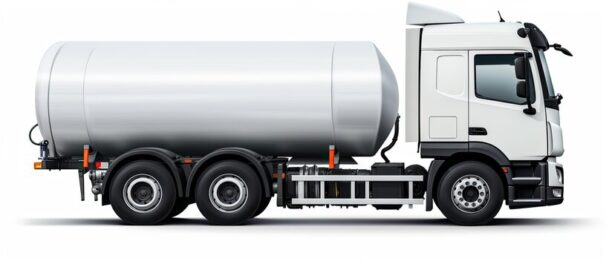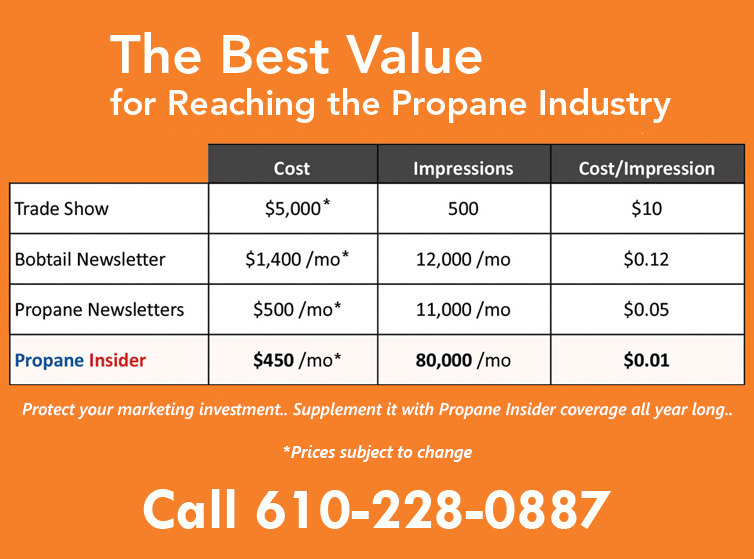Deciding Whether to Buy or Lease Propane Trucks

For propane businesses, the decision of whether to buy or lease delivery trucks involves more than just immediate costs. It affects your financial planning, service capability, and operational flexibility. This article will guide you through the various concepts to consider in order to assist you in making the best choice for your business needs.
Pros and Cons of Buying Propane Trucks
Advantages of Buying
Ownership: When you buy a truck, it’s yours. This means you will have no restrictions on its usage, such as mileage limits. You also have the freedom to customize or modify the truck to suit your specific needs.
Long-Term Savings: Purchasing a vehicle often results in lower total costs over the truck’s useful life compared to leasing, especially if the truck is well-maintained and can be used for many years.
Asset Value: Owned trucks can be considered business assets, which can be beneficial for your balance sheet and potentially offer tax advantages through depreciation.
Disadvantages of Buying
Upfront Costs: Buying a truck requires significant capital outlay upfront or financing that can negatively impact your cash flow.
Maintenance and Repairs: Owning a truck means you are responsible for all maintenance and repair costs, which can be unpredictable and expensive over time.
Obsolescence Risk: As technology and emissions standards change, older trucks may become outdated, less efficient, or non-compliant as new regulations emerge.
Pros and Cons of Leasing Propane Trucks
Advantages of Leasing
Lower Initial Expense: Leasing typically involves lower upfront costs than buying, which can help maintain more fluid cash reserves for your business.
Predictable Costs: Leases often include maintenance plans, eliminating unexpected repair expenses and making budgeting easier.
Flexibility and Modernization: Leasing allows you to upgrade to newer models every few years, ensuring you always have the latest technology and the most fuel-efficient trucks.
Disadvantages of Leasing
Long-Term Cost: While leasing requires less capital upfront, it can be more costly over the long term if you continuously lease vehicles.
Usage Restrictions: Leases often come with mileage limits and restrictions on modifications, which can be limiting if your business needs change.
No Asset Accumulation: You do not own the truck at the end of the lease, which means you have no asset to sell or capitalize on later.
Making the Right Choice for Your Business
The decision to buy or lease will largely depend on your company’s financial situation, operational needs, and long-term business strategy. Consider the following:
Financial Health: Assess your business’s financial stability and cash flow. If upfront cost is a barrier, leasing might be the better option.
Usage Needs: Consider how long you typically keep trucks and how many miles they run. If your usage is high and consistent, buying might save money in the long run.
Future Flexibility: Think about where you want your business to be in the next few years. Leasing offers more flexibility to adapt to changes in technology and business scale.
Business Implications
Choosing the right acquisition strategy for propane delivery trucks is vital, as it directly impacts service quality, operating costs, and business growth. Whether buying or leasing, your choice should align with your business goals, enhance operational efficiency, and ultimately support sustainable business growth. Both options offer distinct advantages and can be strategically leveraged to foster a robust, adaptable propane delivery service.
















